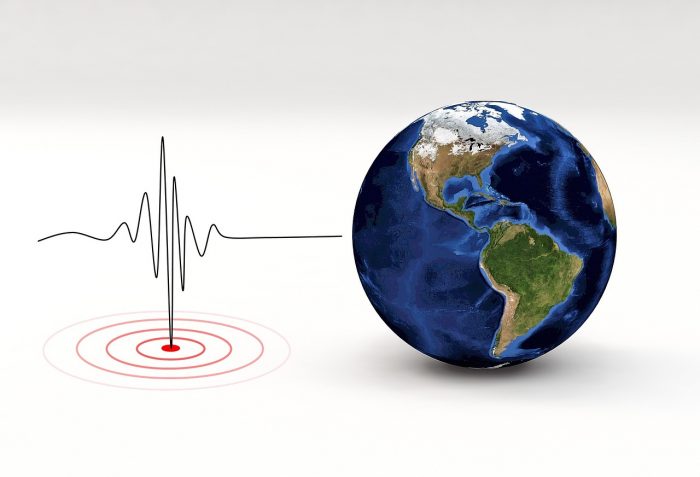By Daniel Dunaief

The federal government? Yeah, of course. Heavy eye roll, shake of the head, shrug of the shoulders, palms to the sky and deep sigh. Oh, I almost forgot: quick puff of air directed upwards that lifts any hair hanging near a forehead.
No doubt the powerful tandem of Tesla creator Elon Musk and primary disruptor and climate change minimizer Vivek Ramaswamy will find plenty of ways to increase the efficiency and cut the budget from the federal government. I’m sure they will to trim redundant functions, shrink bureaucracy and cut costs, turning the behemoth into a well-oiled machine, filled with productive, engaged and excited workers and a smooth outward-facing electronic interface that enables quick and effective engagement between the people and their government.
But, hey, after the two weeks it takes to fix everything — okay, maybe it’ll take a bit longer — the tandem may be looking for other outlets for their efficiency efforts. I have a few suggestions.
Now, for the list:
— The DMV. I have interacted with some amazingly efficient and even accommodating workers at the DMV. Still, any time I go there, I recognize that I might spend several hours or more only to have to return again.
— Doctor’s offices. Regardless of whether the Affordable Care Act changes, is revised or becomes something new, doctor’s offices are also not brimming with efficiency, particularly regarding time. These visits are not predictable exchanges, in which doctors know exactly how long each diagnosis will take. Still, waiting for a doctor can take the good part of a morning or afternoon.
— Airlines: It’s hard to come up with just one area that could use help here. Just try getting an actual person on the phone. But it seems especially aggravating when the airport doesn’t have available gates when we land. We have sat on tarmacs for close to an hour while pilots apologize to those people with connecting flights. How could the plane’s arrival be that much of a surprise? Didn’t the airline share the list of flights and approximate landing times?
— Shopping. Here’s some inefficiency. We put everything in a cart, to take it out so we can pay, and then put it back in the cart. Wouldn’t it be easier if solar powered smart carts auto scanned products that we put in the cart and then wheeled directly to our cars?
— Trimming movies. Let’s face it: some of these movies are good, but just don’t hold our attention for the entire film. After the EV treatment, they could cut these films from over two hours to under an hour and a half or even under an hour. Maybe artificial intelligence could help determine which scenes become tedious and nonessential to the plot. The Liam Neeson film “Taken,” for example, is a 93-minute film that packs quite a few punches without dragging.
— Awards shows. Pick an award show, any show. It’s typically too long. Emcees of these shows often lengthen the shows by talking about how long they are or how far behind they’ve fallen. The EV treatment could turn the Academy Awards into a tidy 90 minutes or less. We might miss a few of the oddball sketches or interviews, but speeding things up could get the guests to their after parties more quickly and could help people determine whose predictions were the most accurate.
— Breaking up. Yes, it’s hard to do, but with the EV approach, they might go beyond the “it’s-not-you-it’s-me” routine to something truly special and reassuring that also doesn’t take too much time or emotional effort. Surely they can turn the process of the on-again, off-again relationship into an opportunity for both people to move on and live their lives.
— Fall leaves. Every year, leaves fall on yards, creating work for homeowners, superintendents and landscapers. Perhaps the efficiency tandem could create a leaf attractant system that pulls the leaves into a pile. Then again, the mix of orange, yellow, red and brown on the ground offers an artistic, pleasing and unique array of colors. Maybe not everything needs greater efficiency.














